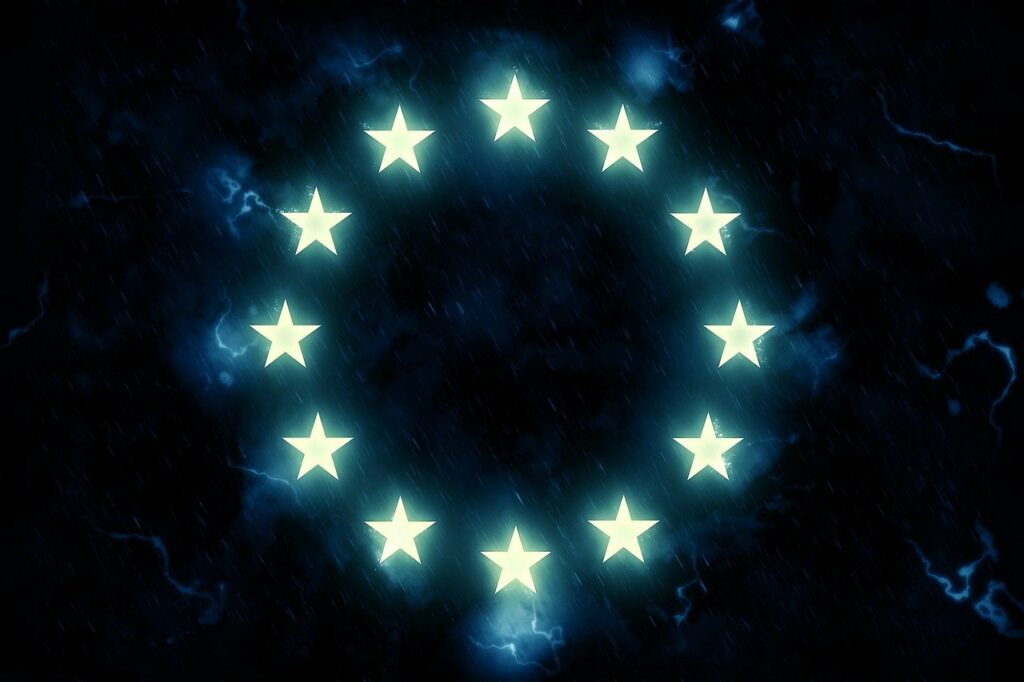A regulatory limbo until at least 2028 for nuclear-derived hydrogen risks fracturing Europe’s low-carbon ambitions and distorting competition in the continent’s emerging hydrogen economy. That is the warning from Nuclear Europe, the industry’s main lobbying group, as a leaked draft of upcoming European Commission rules shows a three-year delay in certifying hydrogen produced with nuclear power as “low carbon.”
The European Commission will not decide on the status of nuclear-based hydrogen until July 2028, with consultations on the issue only set to begin in mid-2026. In contrast, renewable hydrogen — produced via electrolysis powered by wind or solar — was already granted green status under EU law in 2023.
Market Asymmetry Risks Skewing Investment Landscape
The nuclear sector argues that this timeline introduces regulatory discrimination. “This unjustified three-year delay gives an unfair competitive advantage to hydrogen produced through renewables,” said Emmanuel Brutin, Director General of Nuclear Europe.
The complaint reflects growing unease among nuclear-aligned member states, notably France, Poland, and Sweden, that their national energy strategies — which rely on nuclear to provide low-emission baseload power — are being sidelined in Brussels’ rush to privilege renewables. Without a clear regulatory pathway for nuclear hydrogen, investments in nuclear-powered electrolyzers could stall, especially given the capital-intensive nature of both sectors.
This delay also raises a broader concern: whether the EU’s hydrogen certification strategy is aligning fast enough with its emissions targets. The EU aims to replace the bulk of the bloc’s industrial hydrogen — still 96% fossil-fuel-based as of 2023 — with zero-emissions alternatives. By handicapping nuclear hydrogen’s classification, the Commission risks limiting the supply pool needed to decarbonize sectors like steel, ammonia, and refining.
Political Fault Lines Threaten Policy Coherence
The draft rules have reignited long-standing tensions within the EU over the role of nuclear in the green transition. France and its allies have repeatedly called for “technological neutrality,” arguing that excluding nuclear risks undermining Europe’s energy sovereignty and emissions goals. Germany and Denmark, in contrast, maintain that including nuclear in green policy frameworks would dilute renewable investment and distract from the urgent build-out of wind and solar infrastructure.
This divide has already delayed multiple legislative initiatives — from taxonomy rules to energy subsidies — and now threatens to cloud one of the EU’s most strategically important energy transitions. The Commission’s aim to reach a “balanced solution” risks becoming a bureaucratic bottleneck as national governments push competing narratives on what counts as “clean” energy.
Cost and Carbon: The Metrics at Stake
From a techno-economic perspective, nuclear-powered electrolysis offers several advantages. It provides a steady, dispatchable electricity source that can stabilize electrolyzer utilization — a known challenge with intermittent renewables. A 2023 study by the French energy regulator CRE found that, under high-carbon pricing scenarios, nuclear hydrogen could be cost-competitive with renewable hydrogen by 2030, particularly if capacity factors exceed 70%.
From an emissions standpoint, nuclear also meets the EU’s central objective of decarbonizing hydrogen. While not renewable, nuclear energy is virtually emissions-free at the point of generation. Yet the draft rules do not offer a transparent methodology to compare lifecycle emissions or grid impacts between hydrogen produced from different clean sources.
This gap creates regulatory uncertainty that could slow project pipelines. As it stands, electrolyzer projects tied to nuclear power purchase agreements (PPAs) remain in a grey zone, with developers unable to guarantee compliance with future EU targets for hydrogen blending, mobility, or industrial use.
A Narrow Window to Course Correct
The decision to postpone classification until 2028 could prove a costly misstep. By then, Europe’s hydrogen market will likely be shaped by early mover advantages, long-term offtake contracts, and finalized infrastructure corridors. Without nuclear-derived hydrogen included from the start, the EU could miss out on a flexible, scalable contributor to its climate goals — especially in regions where solar and wind buildout faces physical or political constraints.
Experts from EU member states are expected to debate the draft proposal this week. While a Commission spokesperson emphasized the need for a balanced approach, industry observers note that balance may require more than just delay — it may demand clarity, parity, and a transparent emissions accounting framework that lets performance, not politics, determine the future of hydrogen in Europe.





